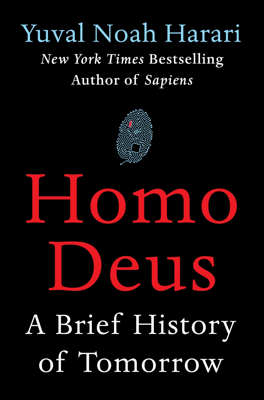The Time Bomb in the Laboratory
Foundations of Liberalism Undermined by Science
The chapter examines the conflict between 21st-century scientific discoveries and the foundational beliefs of liberalism. Liberalism, which heavily values individual rights, democracy, and free markets, predicates much of its philosophy on the notion of free will. This belief in free will is rooted in the idea that human beings can make personal choices that are neither deterministic nor purely random; decisions stem from an intrinsic freedom of the individual.
However, modern scientific research in fields such as genetics, neurology, and psychology challenges this assumption. Studies suggest that human thoughts and behaviors are governed by genetic and neurological processes that are subject to the laws of physics and chemistry, leaving little room for what might be considered true 'free will'. The behaviors and choices, whether mundane or criminal, can often be traced back to deterministic or random biochemical processes.
The Concept of Evolution and Free Will
The chapter also ties the contradiction of free will with the theory of evolution. If human actions are supposedly free, evolution would have no pathway to operate on human behavior. Instead, evolution suggests that all choices—be it in food, shelter, or mate selection—are influenced by genetic makeup conducive to survival and reproduction. Thus, freely made choices would exist outside the evolutionary framework, thereby nullifying one of the foundational principles of biology.
Experiments and Implications
Yuval Noah Harari recounts various experiments, including those involving brain scanners that predict decisions before the individual is consciously aware of them. These experiments support the idea that human thoughts and actions precede conscious decision, thus challenging the essence of free will.
The chapter further explores how these scientific insights have practical applications and implications. For instance, the possibility of controlling and manipulating desires through genetic engineering, drugs, or direct brain stimulation could render the traditional understanding of free will obsolete.
Potential Consequences for Liberal Societies
Given these revelations, there is a looming question about the sustainability of political and economic systems that rely heavily on the notion of individual freedom and responsibility. The beliefs in democracy, free market systems, and human rights stand on the shaky ground of free will. If free will is debunked or becomes an obsolete concept due to technological advancements, these structures may need profound reevaluation or risk becoming irrelevant.
Philosophical and Political Reflections
Despite the mounting evidence against free will, many scholars and intellectuals, including key figures like Richard Dawkins and Steven Pinker, attempt to reconcile these scientific findings with continued endorsement of liberal values. This cognitive dissonance illustrates the complex interplay between scientific understanding and long-held philosophical beliefs.
Harari suggests that the full integration of scientific insights into daily life and technology might soon force a significant shift in our social, economic, and political systems. The chapter concludes by questioning the capacity of liberalism to adapt to a future where the autonomy and agency of individuals, central pillars of liberal thought, are understood in radically new ways driven by science and technology.
